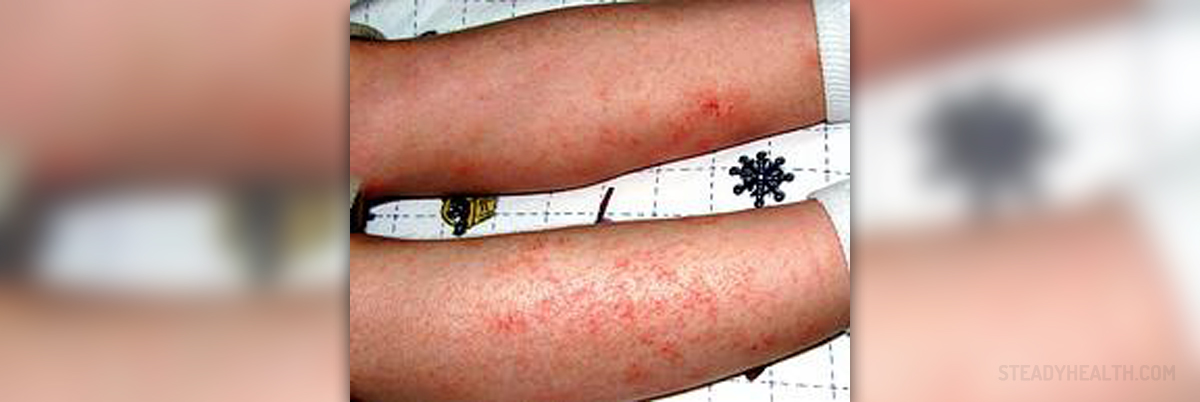
Eczema is sometimes a severe medical issue particularly if it affects large portions of the skin. The goal of the treatment for eczema is to reduce the intensity of skin inflammation, improve the appearance of the skin and postpone flare-ups (as well as reduce their recurrence).
The skin must be cherished and covered with moisturizers on a daily basis while each and every trigger factor must be avoided, if not completely eliminated.
There are several different treatment approaches for people suffering from eczema. Some are efficient for mild cases of eczema, while others can even bring severe forms of the disease under control. Some treatment options can be combined.
Unresponsive Eczema and Severe Forms of the Disease
Sometimes eczema may not respond to standard treatments prescribed to the majority of patients. This is a so called unresponsive eczema and such patients are referred to a hospital specialist.
Severe forms of eczema require more aggressive approach. Most patients eventually respond well if they are prescribed oral corticosteroids. These drugs efficiently bring inflammation under control. Furthermore, patients may feel much better after they are administered immunosuppressant medications such as Cyclosporine and methotrexate.
The previously mentioned treatments may be efficient, but they also carry many side effects. This is a reason why such patients are closely monitored and in case of any side effects, the treatment is either modified or discontinued.
Patients suffering from unresponsive eczema may additionally benefit from phototherapy (PUVA therapy). This treatment may be of great help but it also carries certain side effects and sunburn-like reactions are only one of them. Two major problems associated with phototherapy are premature skin aging and increased risk of skin cancer, particularly in susceptible individuals. However, most patients who have to deal with severe eczema simply neglect these side effects in an attempt to overcome the unbearable symptoms and signs of the disease.
Are There Any Alternative Treatments?
Eczematous skin changes may respond well to gamolenic acid. This alternative remedy seems to increase the level of the essential fatty acids and is, therefore, one of suitable options for people suffering from atopic eczema. The acid may be ineffective in certain number of patients.
Efamast and Epogam containing gamolenic acid were withdrawn after being used in patients suffering from eczema. The scientist said that according to the evidence they had efficacy of the drugs was not confirmed to be desirable, so medications were not finally authorized as official drugs for the condition.
Finally, one may opt for Chinese traditional herbal remedies only after a consultation with his/her dermatologist. Some remedies must never be combined with standard and official treatments because they may increased the risk of side effects.



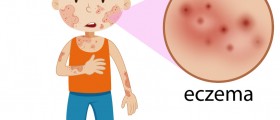
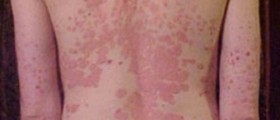


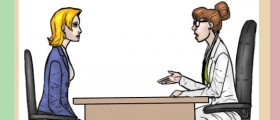
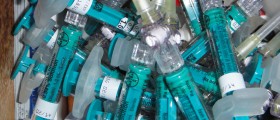
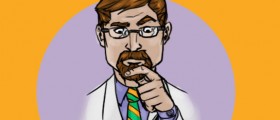
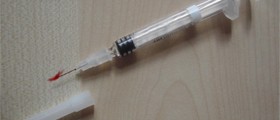
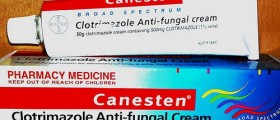

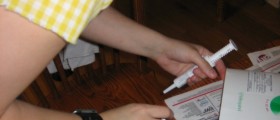



Your thoughts on this
Loading...